|
Last week we learnt Facebook (Meta) is getting out of the news business to avoid paying for journalism under the Australian government’s News Media Bargaining Code. Naturally as journalists we are disappointed – jobs will go – but no one is surprised. Facebook is doing what it has always done, which is to pursue its interests ruthlessly.
For over a decade Facebook courted the Australian media, now it has tossed it aside. Its conduct brings to mind the old fable of the scorpion and the frog. The scorpion wants to get to the other side of the river and asks a frog to carry it. The frog agrees, even though it fears the scorpion will sting. Halfway into the crossing, the scorpion stings the frog. It is in my nature, the scorpion explains.
So it is with Facebook, which convinced Australia’s media it was a good idea to produce high quality content and put it on Facebook for free. When ACCC chairman Rod Sims came up with a plan to make Facebook pay, out came the stinger. Facebook removed news from its Australian platform and threatened to withdraw from publishing news altogether. (It’s currently using the same tactic in Canada to avoid similar laws.)
In some markets Facebook’s popularity is waning, but it persists because it is engineered to be addictive. A few years ago whistleblower Frances Haugen claimed Facebook knew its products were harmful but it put profits above user safety. That was just the tip of the iceberg.
Facebook has a well-documented history of allowing hate, threats and misinformation to flourish. It also allowed Cambridge Analytica to scrape data from tens of millions of users and use it to aid political candidates, including Donald Trump. Profiting from misinformation and disinformation is core to its business model. The campaign of character assassination on Facebook against the Philippines journalist Maria Ressa speaks volumes about the company’s commitment to journalism, journalist safety and human rights.
A few years ago, Facebook flatly refused to pay SBS and The Conversation for journalism under Australia’s News Media Bargaining Code. We were disappointed – the money would have allowed us to produce more fact-based journalism written by experts to inform public discourse. It could have helped us in our mission to use facts and evidence to bring people together at a time when the half-truths and propaganda circulating on social media are tearing them apart. It would have helped Facebook show that it cared about fighting misinformation.
But perhaps we dodged a bullet. The Albanese government now has the option of “designating” Facebook under the News Media Bargaining Code to force it to pay for journalism. If it were to do so, there’s a very slim chance Facebook would pay up. More likely it would just pack up and go home.
Either way there’s a lot at stake. As journalist Peter Greste wrote in his analysis for The Conversation last weekend “Meta’s interests are not the same as our democracy’s. Meta doesn’t need high-quality news, particularly if its users are more interested in sharing family photos than sober reporting on inflation rates. But collectively, our society does need it.”
In Australian law there is a concept known as “unconscionable conduct” that describes people who trick others into believing something for profit. It’s not a bad description of what Facebook did to the Australian media over the past decade. It’s what it will continue to do to communities around the world – it’s in its nature.
So what can you do? Encourage anyone who gets their news from Facebook or Instagram to sign up to a reputable news service. The Conversation‘s daily newsletter is free and a good place to start. We also have specialist weekly newsletters, including Science Wrap, Books & Ideas and New Zealand
Weekly. Or if you are reading us on your desktop at home or work, bookmark our homepage.
In Australia, at least, we don’t have to give the scorpion a free ride.
|

|
Misha Ketchell
Editor
|
|

Jared Mondschein, University of Sydney
The former president’s political obituary has been written many times over the past decade. Yet his support among Republicans has rarely dipped below 70%.
|
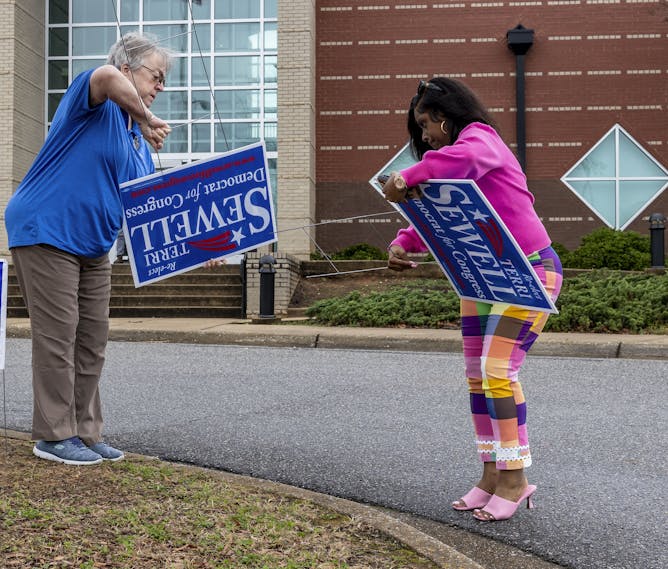
Jared McDonald, University of Mary Washington
It’s not just polarization that’s driving voters’ malaise − it’s something else, which carries a stark warning for the health of American democracy.
|

Tracey Holmes, University of Canberra
While Sam Kerr is entitled to the presumption of innocence as she prepares for her trial almost a year away, Football Australia’s challenges are more immediate.
|
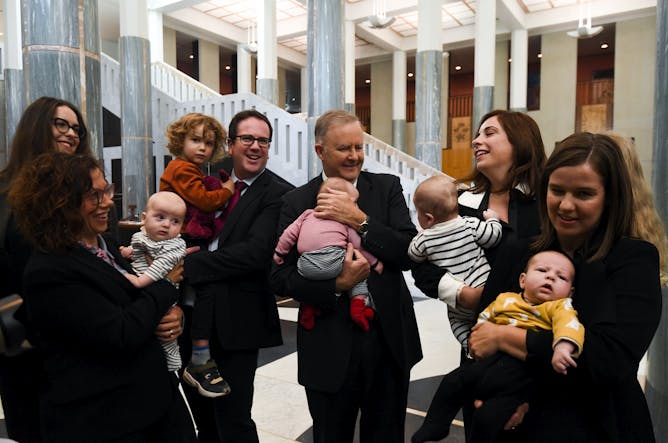
Michelle Grattan, University of Canberra
The government will pay superannuation on its paid parental leave from July 1 next year. The government also announced Funding to spur takeup of electric vehicles and some progress on Closing the Gap
|
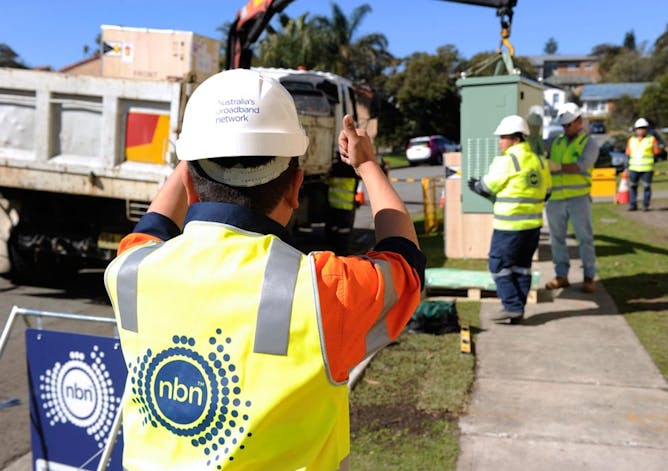
Mark A Gregory, RMIT University
Australia’s NBN Co wants to offer services up to five times as fast at no extra cost. What’s the catch?
|

John Hawkins, University of Canberra; Craig Applegate, University of Canberra
Despite different theories, there is no simple answer to whether prospective home buyers are better off buying before or after the expected interest rate drop in the next year.
|
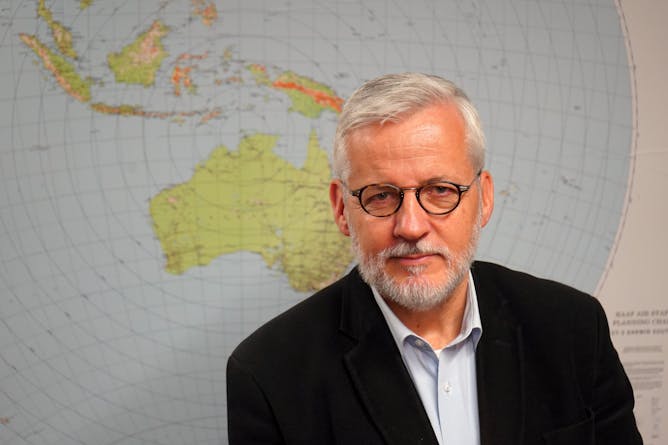
Michelle Grattan, University of Canberra
Today we're joined by Professor John Blaxland, Professor of International Security & Intelligence Studies at the Australian National University. Who gives us an overview of spying in Australia.
|
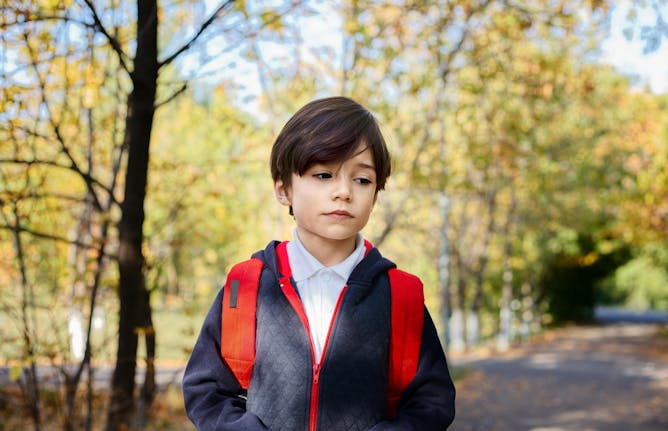
Rachel Leslie, University of Southern Queensland
Next week, Australian schools will begin NAPLAN tests for students in years 3, 5, 7 and 9.
|
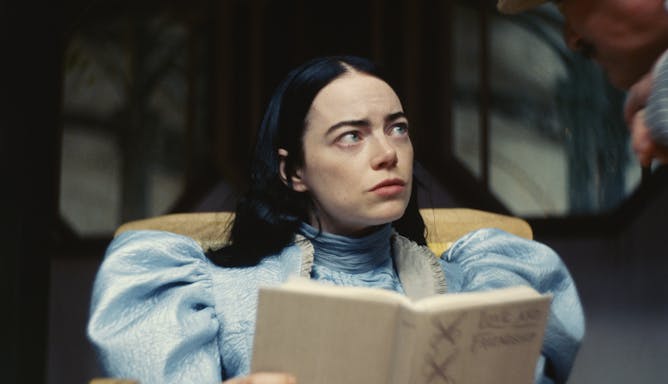
Louisa Smith, Deakin University; Gemma Digby, Deakin University; Shane Clifton, University of Sydney
The absurd humour which the film is being lauded for is often at Bella’s ‘primitive’, ‘monstrous’ or ‘damaged’ actions: words which have been used to describe disabled people throughout history.
|
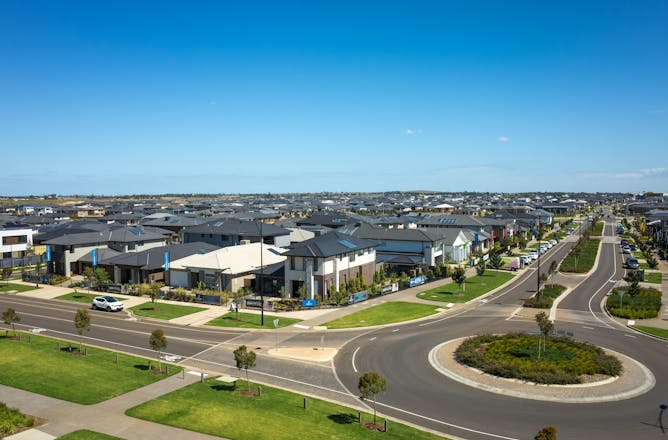
Kate Wingrove, University of Wollongong; Emma Heffernan, University of Sydney
Australia’s increasing energy demand is inconsistent with global efforts to tackle climate change and suggests our housing energy policy requires a radical rethink.
|
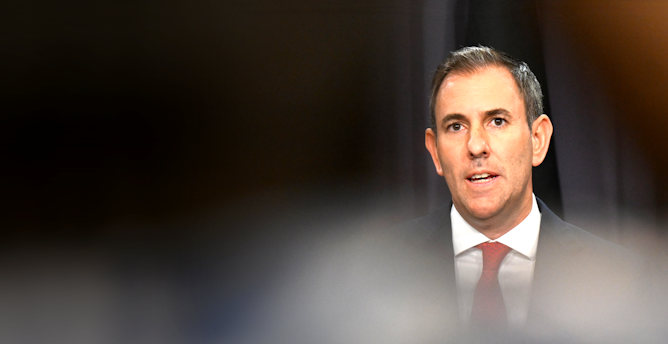
John Hawkins, University of Canberra
The treasurer says the 2024 budget will be about supporting growth after the weakest economic figures in 23 years outside of a recession.
|
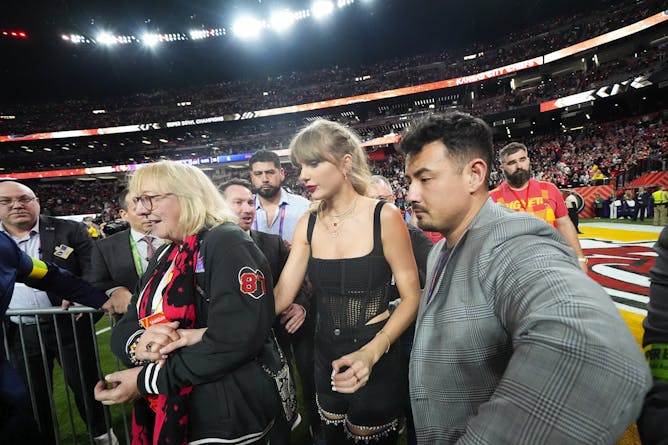
Lynn Greenky, Syracuse University
A college junior who has gained a following by sharing high-profile people’s private flight information says that he is sharing public information. Others, like Taylor Swift, say that he is stalking.
|
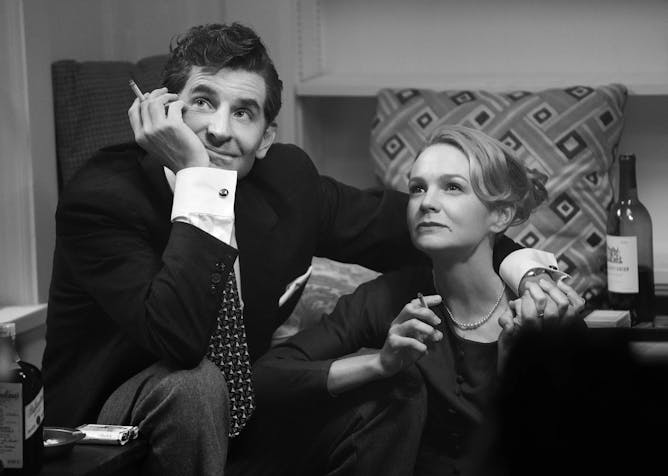
Scott Malia, College of the Holy Cross
Hopefully, Academy Award winners will be chosen because voters believed in the actors’ performances − not because of some meta narrative about their off-screen behavior.
|
Politics + Society
|
-
Laura Johnstone, University of Canterbury
Understaffing and budget cuts mean prisoners often struggle to complete rehab programmes, even when they want to. ACT’s Parole Amendment Bill risks having the opposite of its intended effect.
-
Regina Featherstone, University of Sydney; Sharmilla Bargon, University of Sydney
Non-disclosure agreements have been used to keep victim-survivors from speaking up. Despite guidelines addressing this, new research shows such agreements remain standard practice.
-
Shirleen Campbell, Indigenous Knowledge; Chay Brown, Australian National University; Connie Shaw, Indigenous Knowledge
The Northern Territory’s Indigenous population predominantly voted ‘Yes’ to a Voice to Parliament. Despite the referendum’s ‘No’ outcome, the Northern Territory is making moves to self determination.
|
|
Health + Medicine
|
-
Renee Kam, La Trobe University; Lisa Amir, La Trobe University
Feelings of failure, guilt, grief and despair are common, our study shows. But there is support.
|
|
Science + Technology
|
-
Andrew Lorrey, National Institute of Water and Atmospheric Research; George Hook, Canterbury Museum; Lauren Vargo, Te Herenga Waka — Victoria University of Wellington; Shaun Eaves, Te Herenga Waka — Victoria University of Wellington
An estimated 13 trillion litres of ice has already been lost from glaciers in New Zealand’s Southern Alps since 1978. Several are now approaching extinction.
|
|
Environment + Energy
|
-
Alex Baumann, Western Sydney University
This obsession with economic growth is destroying our planet. We must rethink private ownership of land – that’s where it all went wrong.
|
|
Arts + Culture
|
-
Alison Cole, University of Sydney
Zimmer creates a sound world full of texture, personality and new timbral possibilities.
|
|
Books + Ideas
|
-
John Quiggin, The University of Queensland
The Shortest History of Economics is not just a history of economic thought, but a history of economic life.
|
|
| |
|
|
|
Aeon Media Group Ltd
Melbourne VIC, Australia
•
Full Time
|

|
|
The Conversation AU
Melbourne VIC, Australia
•
Full Time
|

|
|
|
|
| |
| |

|
| |
| |
| |
Featured Events, Courses & Podcasts
|
View all
|
|
1 January 2023 - 7 October 2026
•
|

|
1 February 2023 - 25 November 2029
•
|
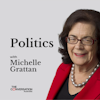
|
22 March 2024
•
Melbourne
|

|
|
|

|
|
|
|
| |
| |
| |
| |
| |
|
|